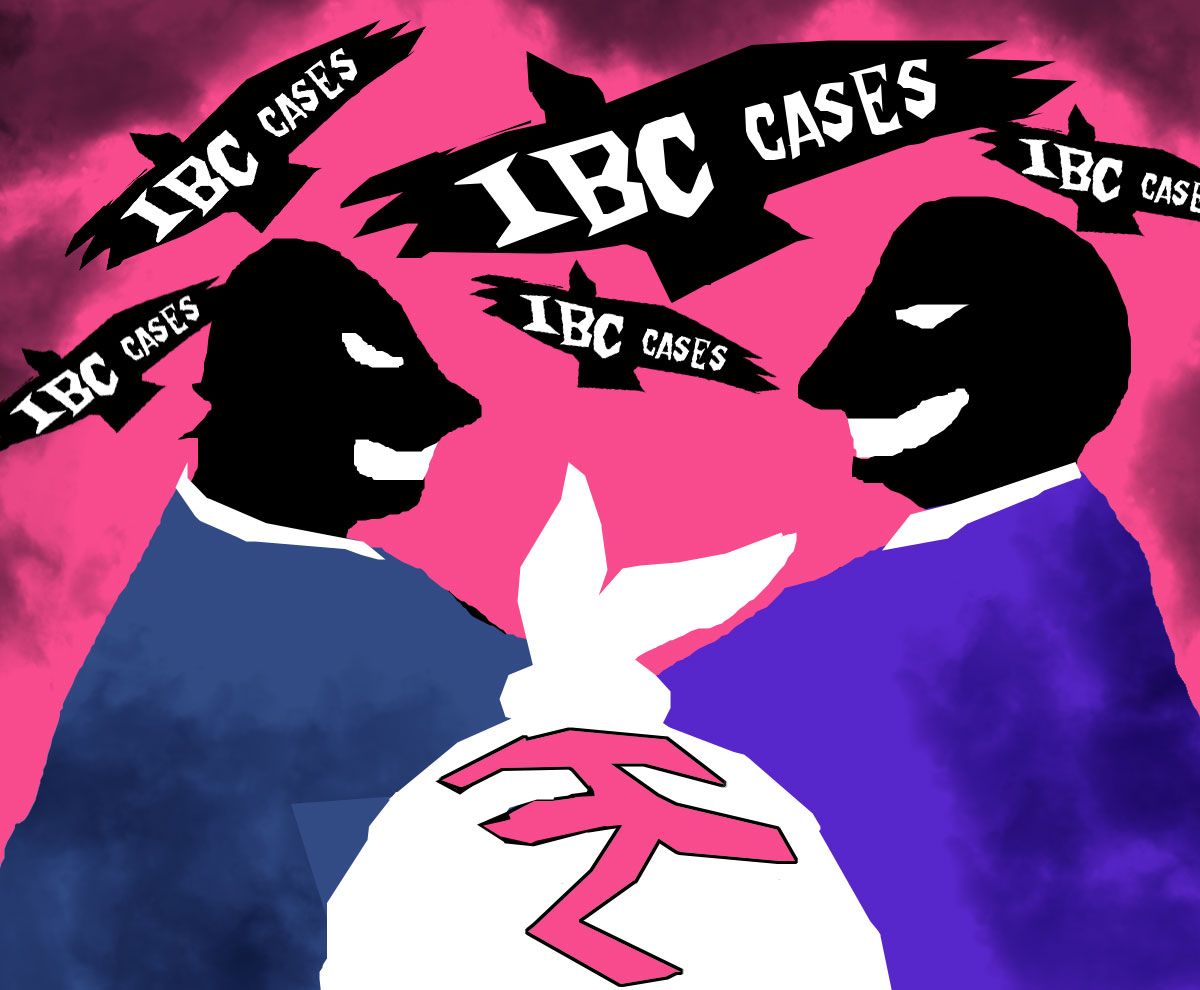The government is contemplating changes to the Insolvency and Bankruptcy Code (IBC) to deal with environmental claims and liabilities of defaulting companies to make the law future-ready and meet climate action goals, sources told Business Standard.

Currently, the IBC has various categories of claims and creditors, including those related to environmental liabilities.
Experts, however, pointed out that it did not provide for any special treatment for such liabilities which were treated as ordinary trade liabilities.
“To integrate environmental goals with the IBC may require developing fresh guidelines.
"The matter needs more discussion — who should adjudicate environmental claims, what cost they should assign to it, whether to liquidate or resolve a polluting company, etc,” the source said.
Globally, a discussion has recently begun on integrating climate action with insolvency processes by a 12-member working group formed by the World Bank, INSOL International, and the International Insolvency Institute earlier this year.
“This is a present challenge, not something in the future.
"There is a growth in the number of people filing claims out of environmental impact.
"We also need to discuss what class of creditors should these claims fall and what priority would they get.
"We have prepared a problem paper and now we are working on the solutions,” said Sumant Batra, president, Insolvency Law Academy and member of the World Bank working group.
As countries move towards the COP28 goals, businesses could face transition risk, which could lead to insolvencies.
Climate events, such as tsunami and wildfires, can lead to companies filing for bankruptcies.
At the same time, experts said there is also a debate on whether companies that are adding to environmental damage be rescued through insolvency regime or be liquidated. For instance, if a coal company goes into insolvency, then the IBC needs to take a view whether it should be resolved and be allowed to continue the same practice or insist on change of technology as part of the resolution process.
“There needs to be acceptability that this could destroy value.
"Financial distress would mean companies defaulting on their environmental obligations.
"Claims around the environment need to be embedded in law,” said Dinkar Venkatsubramanian, partner, EY India.
Batra suggested that at the stage of approval of the plan itself, an environmental body should be involved.
“The committee of creditors may have the commercial wisdom but not the expertise to deal with climate change issues.”
Among regulators, in July 2023, Securities and Exchange Board of India (Sebi) introduced the Business Responsibility and Sustainability Reporting for top 1000 listed companies.
Experts said that while other regulators may take cue from Sebi to formulate similar responsibilities, balancing environmental concerns with economic imperatives poses a significant challenge for regulators.
Dinesh Arora, partner and deals leader at PwC India, said striking the right equilibrium between fostering green practices and facilitating economic recovery requires nuanced policymaking and a thorough understanding of industry dynamics.
“Government may consider giving special status to environmental liability so that IBC is not used as a tool to ‘white wash’ environmental liabilities…We need to give some time to settle other complex issues in IBC before we embark on this aspect completely,” said Manish Aggarwal, joint head, deal advisory at KPMG in India.









